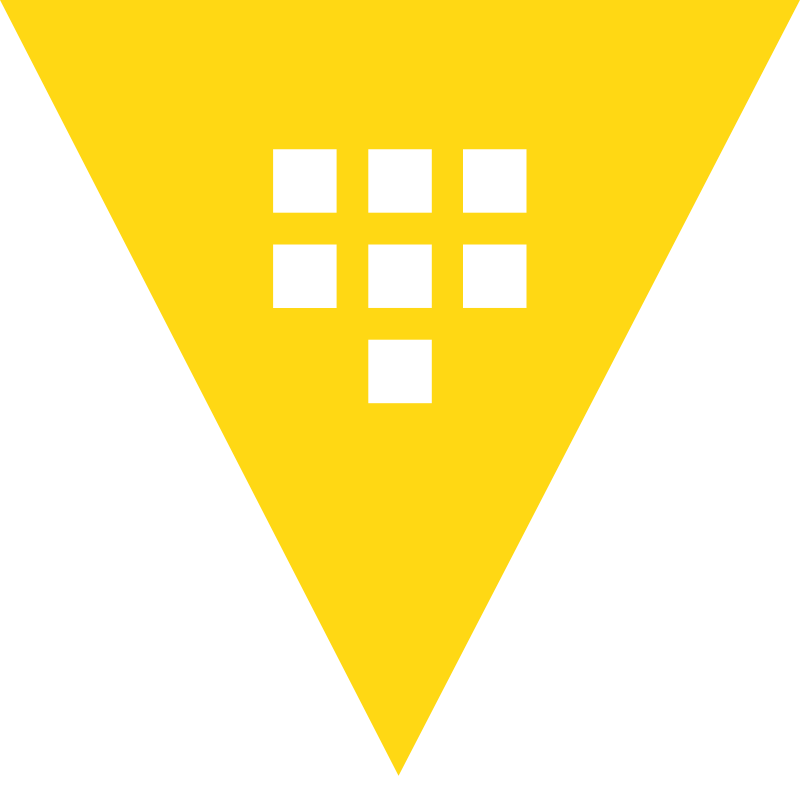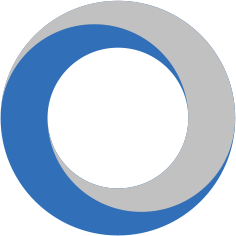Takeaways from DevOpsDays
This year was my third year to attend DevOpsDays Birmingham, AL. The first year I attended, I was invited by a friend that was acquainted with one of the organizers. I was invited to come to the speakers' dinner despite not giving a talk, which was a great experience for me. Conversations at this dinner helped me realize the people giving talks were primarily speaking from their lived experience with the tools, techniques, and technologies they were sharing with others. I knew I could do the same, so it helped me build the courage to submit a talk the following year.
In 2022, I gave my first-ever public conference talk. My confidence grew further from that experience, and this year my conference talk was selected as the day two keynote! I'll share more about my talk another day, as in this post I want to highlight what I learned from others, how I felt walking away from the conference, and my thinking about future conferences.
Format Changes from Previous Years
In previous years, the conference was two days of talks. This year, the organizers decided to make a couple of changes to the format, all of which I felt were great choices and enhanced the quality of the conference:
- A day of workshops was added at the beginning of the conference, making the conference now three days instead of two.
- "Open Spaces" topics were proposed on stage and voting happened as people were heading into the hall, so participation in this process was a lot better.
Day 1 - Workshops
Hands-on Hashicorp Vault

The first workshop of the conference was a set of hands-on activities setting up Hashicorp Vault for the first time, adding some secrets to it, setting up user management, and applying permissions to secrets. I enjoyed this workshop because I had been wanting to get some hands-on experience with Vault for a while, but hadn't had a chance until now. The workshop was administered as an Instruqt course, which provided a pre-configured web-based environment with a built-in editor and command line for running vault and various cli utilities as well as viewing the admin web interface. The Hashicorp developer advocate running the workshop, Michael Kosir, explained the various concepts well and answered all my myriad questions. I learned from this experience that Vault is really best suited for organizations that are running workloads in multiple cloud providers, as it provides a layer of abstraction between your cloud provider that gives you a single place to manage access control, rotation policies, and more. For me at a startup that is only working in Google Cloud, I think it is best for us to stick to Google Cloud Secrets Manager and, when providing access to Kubernetes workloads, some sort of operator for bridging between the Kubernetes world of workload identity (i.e. service accounts and namespaces) and the secret, such as External Secrets Operator.
Trufflehog

At lunch, I met Dwayne McDaniel, Developer Advocate at GitGuardian and a fellow speaker at the conference. During a conversation about secrets management, he shared a CLI utility called trufflehog that performs secrets scanning on a Git repository. My current company Smartrr uses gitleaks, but supposedly trufflehog is better so it sounds like it's worth a look!
PCM and the Perils of Multitasking
There were two workshops I really enjoyed in the afternoon: one by Aleksandra Lemańska about Process Communication Model (PCM) and an agile workshop by Steve Hallman.
In Aleksandra's workshop, she gave us a taste of part of the PCM, sharing how everyone has a "dominant" communication style and by learning the telltales, we can employ an appropriate method of communication to successfully be understood by them. It's an intriguing proposition and one I'd like to look into more.
Steve's workshop had us participate in a game called "How long does it take to write a name?", originally developed by Henrik Kniberg. It was an eye-opening first-hand experience illustrating how inefficient multitasking is. He then went on to explain that even better than single-piece flow is applying multiple people to a single piece of work, commonly known in software engineering as "Mob Programming". Steve recommended the work of Woody Zuill for further education on the topic. Here's a video from Goto Conference 2017 where Woody explains his approach, and he wrote a book on the topic as well!
Another great resource Steve shared with me is his Software Practices Timeline, detailing various practices developed within the software industry over the years to improve effectiveness. He described how organizations can trace their maturity through the timeline, finding which pieces they may still be able to employ to "unlock" new efficiencies and capabilities. I don't want to link directly to it here, as I think Steve is still developing it, but he's looking for folks to beta test it with him so reach out to him if this sounds useful to you!
Lastly, Steve spoke about Little's Law and how it models the behavior of queues, which is very relevant to a software engineer's daily work. Check it out to get some theory behind the value of low work-in-progress (WIP)!
Day 2 & Day 3 - Talks and Hallway Conversations
There were many talks at the conference, both on the schedule and in open spaces, which were ad-hoc sessions about topics the attendees wanted to discuss. I thought all of the talks were well done. I had a couple of favorites of the conference: "A successful platform is an opinionated platform" by Ben Goodman, Senior SRE at Rokt, and Steve's agile talk about improving your team's efficiency by pulling techniques from the "free toolbox" instead of adding headcount.
I also had some great hallway conversations.

One was with Will Blackburn and Peter Inge of DevClarity, a freshly minted startup focusing on improving the effectiveness of engineering management. They launched their product at DevOpsDays and were able to secure a pre-seed round of funding the same day, too! I really resonated with their mission and the problems they are looking to solve, as I feel them acutely in my work. I look forward to seeing how their product progresses!

Another conversation was with Johann Schleier-Smith about the work he is doing to provide automated ops for PostgreSQL with the startup he has founded called CrystalDB. I shared the pains Smartrr has been having with performance and how having some baked-in intelligence would help us a lot. He's got an extensive blog post detailing the opportunity they see for applying AI & ML to operating PostgreSQL and are developing both open source and subscription-based solutions for the PostgreSQL user community.
Lastly, I had a fun (but nerdy) conversation about architecture diagramming in an open spaces conversation. I shared some tools I had been using lately for sharing knowledge with others (eraser.io and gamma.app) and the pains I have had with excalidraw, and was recommended to give Miro another try for architecture diagrams. I've been using Miro for other things but not for architecture, so I'm looking forward to trying it out the next time I need a diagram.
Support Your Local DevOpsDays!
DevOpsDays is a not-for-profit organization that is run by volunteers and is solely focused on bringing technologists together. Supporting your local DevOpsDays helps build your local tech scene. This in turn encourages innovation that you can take part in as an employee or co-founder, creates a community you can source solid candidates from as colleagues or learn from, and provides you opportunities to grow yourself by teaching, speaking and mentoring others. I strongly recommend DevOpsDays and am thankful for the organizing committee of DevOpsDays Birmingham, their sponsors, and my employer Smartrr for sending me. 👏